BOONE, N.C. — The Xerces Society has recognized Appalachian State University for providing a safe campus with sustainable habitats for some of its smallest, and one might say, most productive black and gold members — bees.
For its commitment to both protecting and providing education on bees and other pollinators, Appalachian has earned the society’s title of Bee Campus USA.
This annual certification affirms that Appalachian agrees to host pollinator workshops, awareness events and utilize a committee for spreading awareness about bees. The certification also ensures Appalachian does not use bee-harming pesticides on campus and that a publicized list of the campus pollinator plants is made available.
As of January, Appalachian is one of 61 Bee Campuses across the U.S. and one of only six higher education institutions in North Carolina named to the list. The North Carolina Arboretum was also named a Bee Campus.
“College students, faculty, administrators and staff have long been among the nation’s most stalwart champions for sustainable environmental practices,” The Xerces Society’s Bee Campus USA website states.
Dr. Lee F. Ball, Appalachian’s chief sustainability officer, said protecting pollinators and their habitats is important for Boone and the High Country “because it is a way for us to help ensure that we continue to have thriving ecosystems in the southern Appalachian region, and it really helps to increase the biodiversity of the ecological communities. It’s our way of contributing.”
Additionally, Ball said Appalachian’s application for the Bee Campus USA initiative “was 100 percent student-driven.”
Katie Payne ’18 and Hallie Graves ’18, both May 2018 graduates of Appalachian’s sustainable development program, founded the university’s Beekeeping Club in 2016 and brought the Bee Campus USA initiative to Appalachian’s campus.
“The more I researched and learned about bees, the more I fell in love with them. We depend so heavily on them, and the role they play is huge. Education about their role is so important,” Graves said.
“Landscape Services thinks about pollinators with their landscaping practices. They’re not just planting pretty plants on campus — they definitely are thinking about bees,” Ball said. “It’s something Chris (Erickson) and his team really care about.” Erickson, a certified arborist, is facilities superintendent for Appalachian’s Landscape Services, which is housed in the Physical Plant.
According to the Natural Resources Defense Council (NRDC), a U.S.-based, nonprofit international environmental advocacy group, one in every three bites of the world’s consumed food is courtesy of the cross-pollination that bees and other pollinator species — such as flies, beetles, moths, butterflies, wasps, ants, birds and bats — provide. Additionally, 90 percent of the planet’s wild plants thrive due to cross-pollination.
“The easiest thing to do to help bees in decline is to support local beekeepers. Buying honey at your local farmers market helps support both the local economy and the bees,” Graves said.
Appalachian’s Bee Campus USA designation became official in spring 2018, when Chancellor Sheri Everts signed and approved the certification.
For more information about Bee City USA, visit https://www.beecityusa.org, and to learn more about the Xerces Society, visit https://xerces.org.
The local community is invited to view and submit observations of the Department of Computer Science’s Beemon system
Appalachian student and faculty researchers seek to recover declining honeybee population
Related links
About the Bee Campus USA initiative
Bee Campus USA is an initiative of the Xerces Society, which has been working to protect invertebrates and their habitats since 1971. The Xerces Society for Invertebrate Conservation is an international nonprofit organization that protects wildlife through the conservation of invertebrates and their habitats. The society’s programs focus on habitat conservation and restoration, species conservation, protecting pollinators, contributing to watershed health, and reducing harm to invertebrates from pesticide use. Learn more at https://www.beecityusa.org/what-is-a-bee-campus.html.
About Sustainability and Energy Management at App State
Appalachian State University’s leadership in sustainability is known nationally. The university’s holistic, three-branched approach considers sustainability economically, environmentally and equitably in relationship to the planet’s co-inhabitants. The university is an active steward of the state’s interconnected financial, cultural and natural resources and challenges students and others think critically and creatively about sustainability and what it means from the smallest individual action to the most broad-based applications. The university offers both undergraduate and graduate academic degree programs that focus on sustainability. In addition, 100 percent of Appalachian’s academic departments offer at least one sustainability course or course that includes sustainability, and all students graduate from programs that have adopted at least one sustainability learning outcome. Learn more at https://appstate.edu/sustainability.
About Appalachian’s Facilities Operations
Facilities Operations at Appalachian State University manages operations of campus buildings, systems and utilities, as well as water treatment and steam plants that serve the campus. Services provided by Facilities Operations include housekeeping, landscaping, moving furniture and other items, and managing motor pool fleet rentals. The campus unit employees over 275 skilled technicians — including engineers, locksmiths, electricians, painters, plumbers, carpenters, roofers, welders, controls programmers, housekeepers, landscapers, mechanics and HVAC technicians. Learn more at https://facilitiesoperations.appstate.edu.
About Appalachian State University
As a premier public institution, Appalachian State University prepares students to lead purposeful lives. App State is one of 17 campuses in the University of North Carolina System, with a national reputation for innovative teaching and opening access to a high-quality, cost-effective education. The university enrolls more than 21,000 students, has a low student-to-faculty ratio and offers more than 150 undergraduate and 80 graduate majors at its Boone and Hickory campuses and through App State Online. Learn more at https://www.appstate.edu.
What do you think?
Share your feedback on this story.
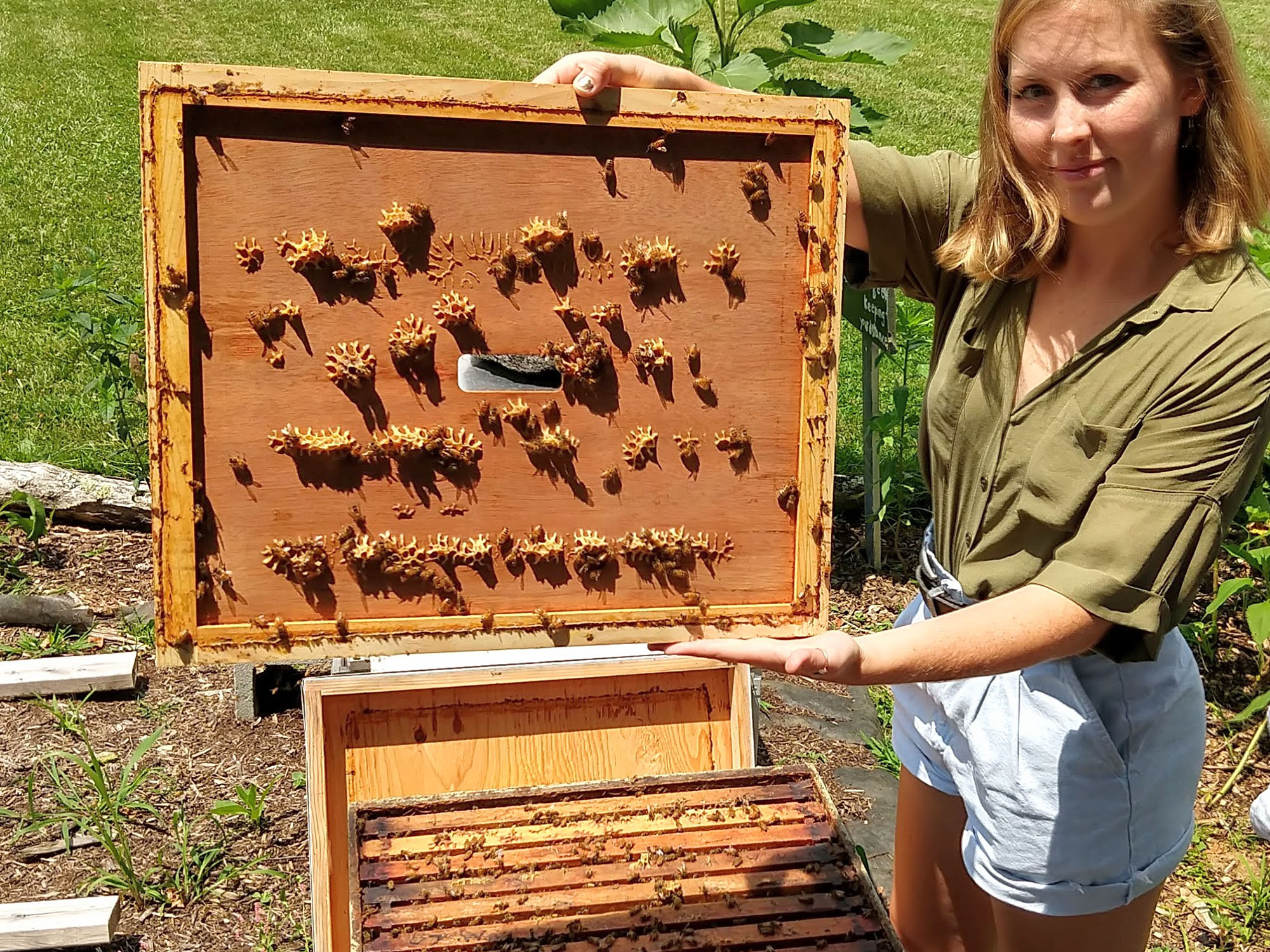
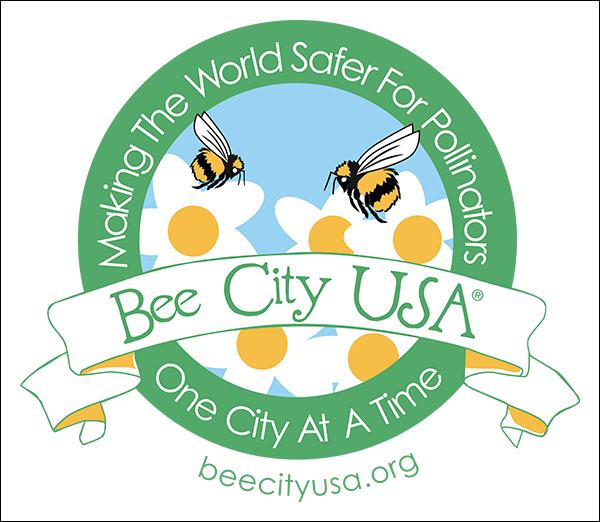
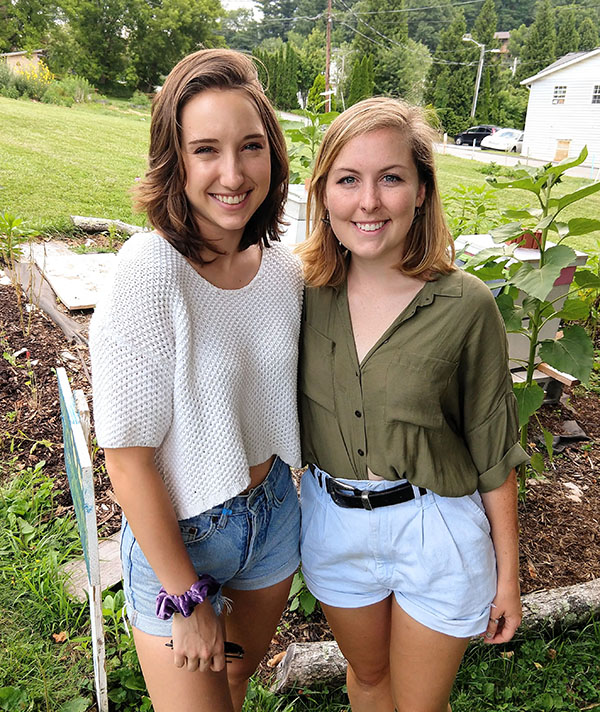
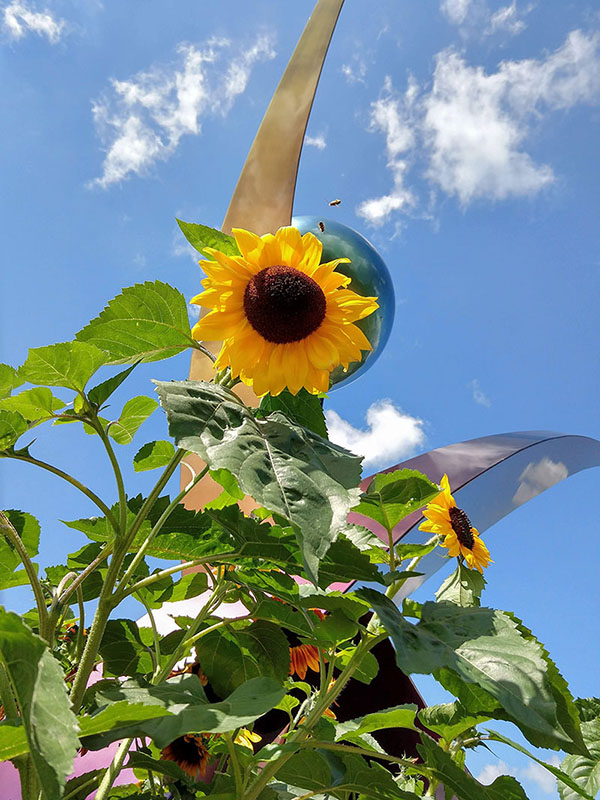

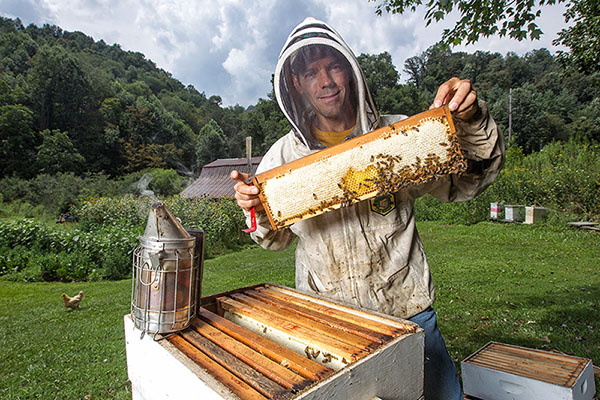
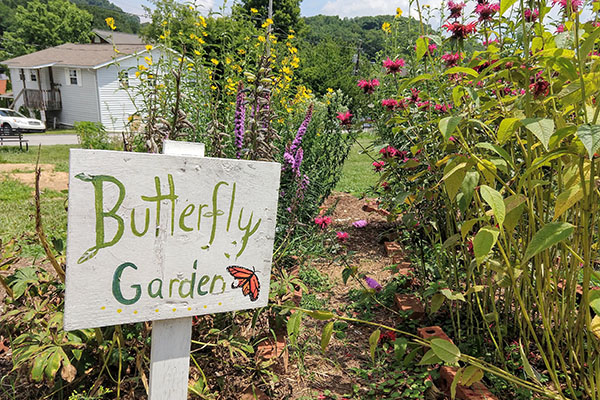
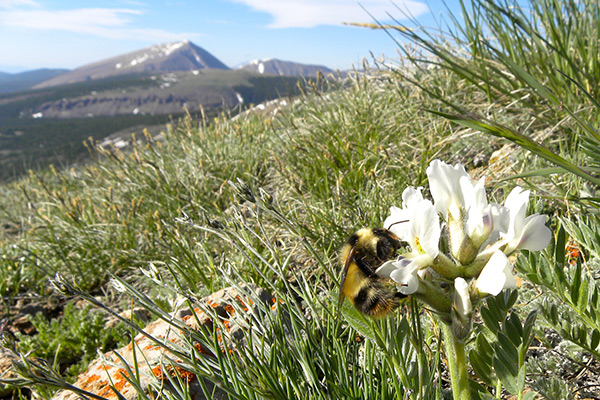



![How NCInnovation Is Rethinking Economic Development in North Carolina [faculty featured]](/_images/_posts/2026/02/rethinking-economic-development-600x400.jpg)







